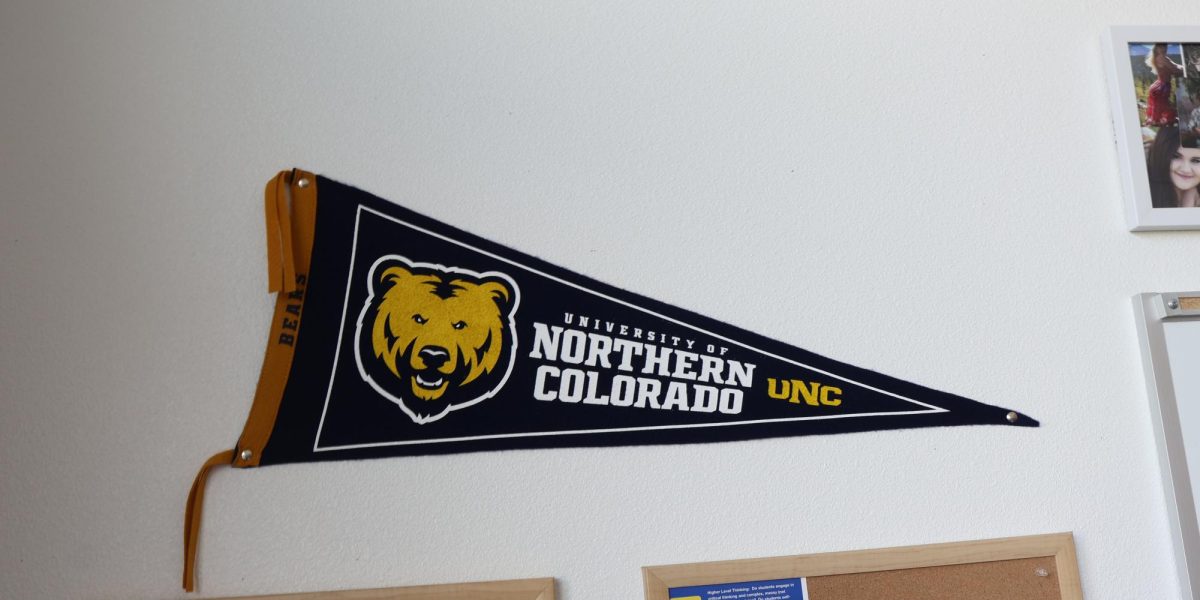As the sunny weather and hot days become colder and windier, the leaves begin to change color and pumpkins start to appear on porches. This seasonal shift signals an important time for many high school seniors across Colorado: the transition to college.
Many students find themselves contemplating which college to attend, whether to share a dorm room with a stranger for the next few years or to stay home and continue living in mom’s basement. They also ponder crucial decisions about what classes to take or what major to study, adding to the excitement and anxiety of this life-changing phase.
According to educationindex, In Colorado, “The academic calendar is structured to provide a clear timeline for students. Classes in the first semester typically begin in August and last until the end of December, including a series of exams that test what students have learned.”
The second semester of college runs from January or February through May or June, giving students a fresh start after winter break. Winter vacation generally lasts 2-3 weeks, while summer break extends for 10-12 weeks. Throughout the year, students usually manage 3-5 subjects, though the specific format can vary by institution.
Some universities may offer intensive courses where students dive deep into one subject for a few weeks before moving on to the next, keeping the academic experience dynamic.
The application process for college is perhaps the most critical step in this journey. Without submitting an application, acceptance into a college is nearly impossible. Many students begin preparing for this step in their junior year of high school, gathering recommendations from teachers, studying for standardized tests, and compiling essential documents.
Planning ahead is key; students should consider major programs, the location of the college, available transportation, and potential extracurricular activities that will enrich their college experience. Taking the time to explore various colleges and universities can help clarify which environment feels right, even if they are uncertain about their future major.
Living on campus can significantly enhance the college experience. Dorm life provides unique opportunities to meet and connect with a diverse group of people from different backgrounds and cultures. Many students find that living in a dorm allows them to forge lasting friendships, participate in study groups, and engage in campus events. For instance, Colorado State University (CSU) requires students to submit a housing application to secure a dorm room. The university typically sends out important information regarding room selection in early July, allowing students to make timely decisions. While having a roommate is not mandatory, sharing a room can be a more economical choice for many.
The financial aspect is crucial; at CSU, a $300 deposit and a $50 non-refundable application fee are necessary to complete the housing application. These fees can easily be paid with a credit or debit card, simplifying the process.
College represents a significant milestone in every individual’s life. It’s important to recognize that everyone is navigating their own uncertainties and excitement, making it a shared experience. Getting involved in school activities, joining clubs, or attending social events can greatly enhance this new chapter.
Students should remain open to new ideas, beliefs, and perspectives that they encounter in college. Exploring different viewpoints can lead to personal growth and a richer educational experience.
Starting the search for colleges early is vital, even if students are unsure about what major they want to pursue. Having a plan in place, even if it’s flexible, can provide much-needed guidance. Engaging in this preparatory work can alleviate some of the anxiety that comes with entering this new world. Ultimately, the college experience is about exploration and discovery, and being proactive can help ensure a successful transition into this exciting next phase of life.

















































